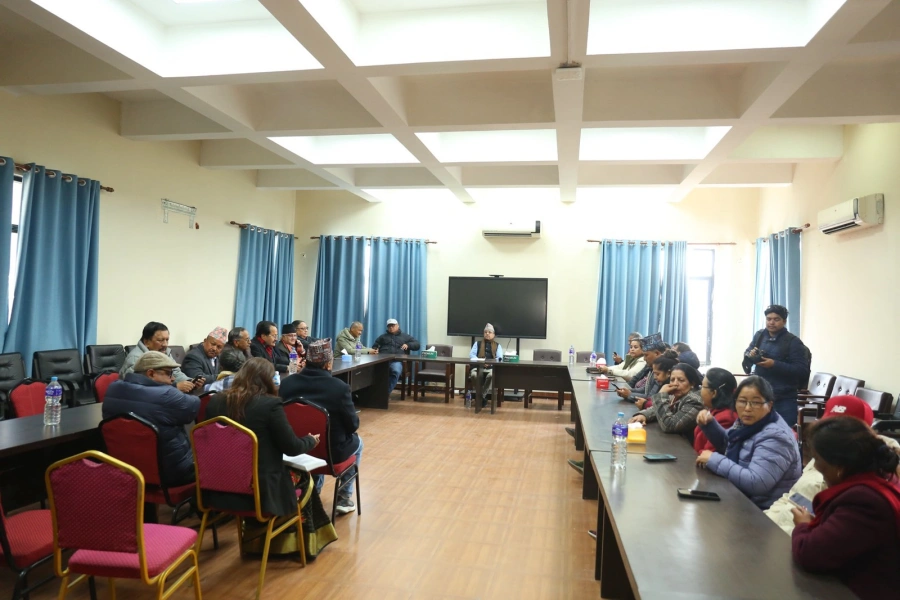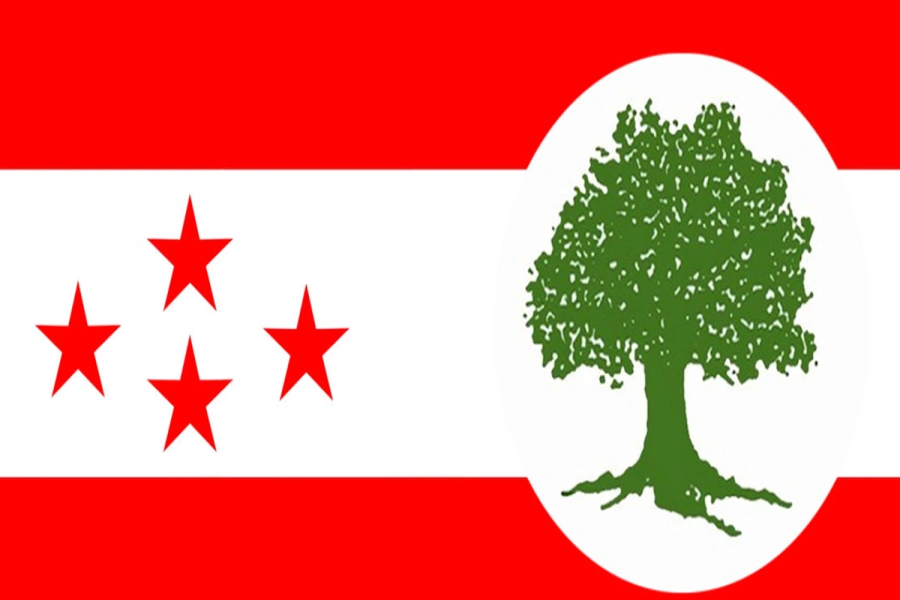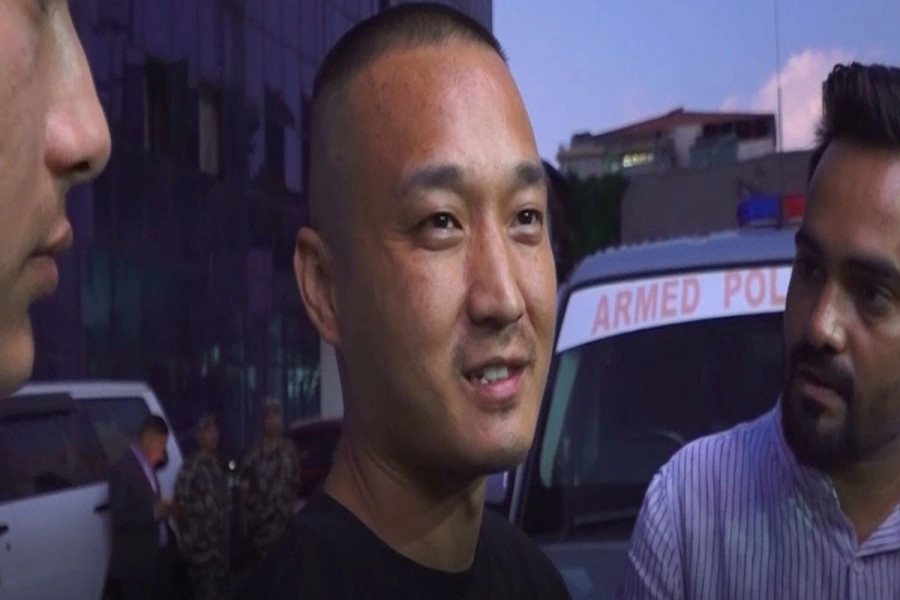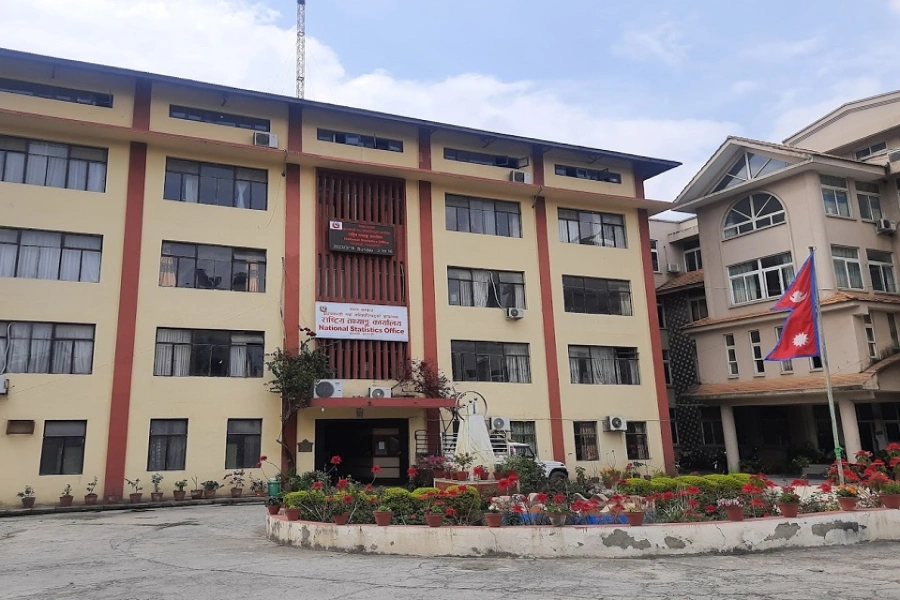There is also an emerging consensus among the parties that Nepal cannot afford 14 federal provinces as proposed by parliament’s State Restructuring Committee. Since the parties more or less agree that there will be two provinces in the Tarai and five or six provinces in the hills, the experts panel is expected to finalize its recommendations speedily.
There is also a growing convergence of ideas among the parties on two other contentious issues in constitution drafting—from of governance and electoral system. More than the electoral system, form of governance has remained a sticky issue, especially because of the rigid stances of the two major parties—Maoist and NC. The NC wants to retain the Westminster model of parliamentary democracy because that has been its ideal for the last six decades, while the Maoists are batting for a presidential model because they want to justify the “People’s War” they initiated against parliamentary democracy under a constitutional monarchy.
However, a parliamentary committee is treading a middle path— it’s toying with the idea of a sort of hybrid system with both a president and a prime minister at the helm. So what remains to be decided is basically how to divide powers between president and prime minister and what should be their election processes.
On electoral system, there is hardly any disagreement— the country will retain the current mix of electing lawmakers through a first-past-the-post system and a proportional system. The parties now need to finalize what percentage of lawmakers will be elected through first-past-the-post and what percentage will come the proportional way. Progress on constitution writing now hinges on an agreement on the peace process. If there is speedy negotiation on the peace process followed by a reasonable deal, it will provide an immediate boost to constitution writing. Conversely, stalemate in the peace process will have a mirror-effect on constitution writing.
As the largest political entity in the Constituent Assembly, and also as the one leading the government, the onus is squarely with the Maoists for reaching out to the other parties, mainly the NC and UML which are in opposition, with a reasonable proposal on the peace process. The NC and the UML must also act responsibly— dragging their heels is not an option any longer.
Policy Convergence and Small Changes: An Economic Idea Left Beh...




































